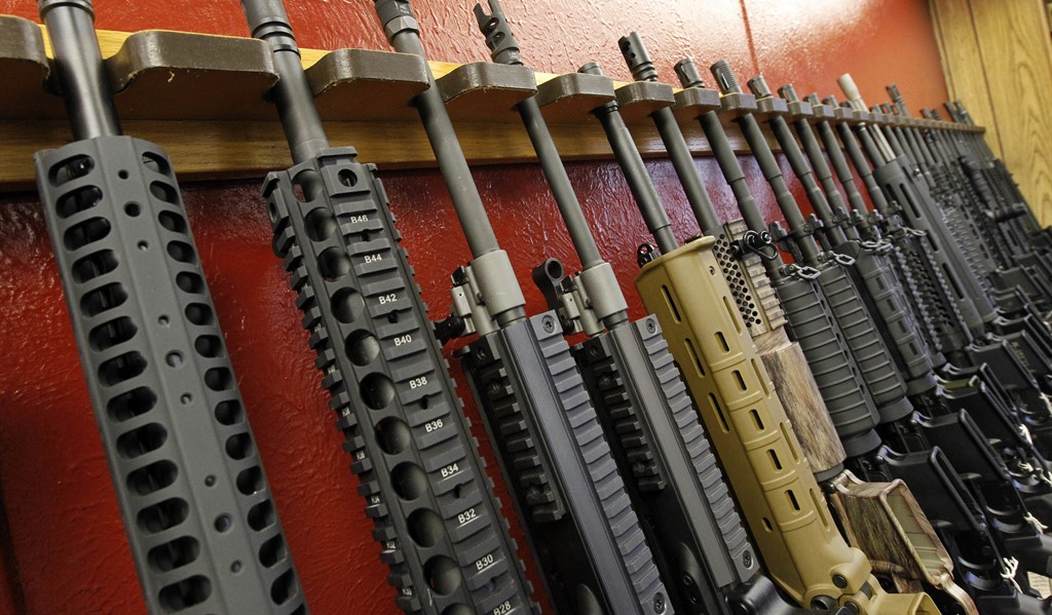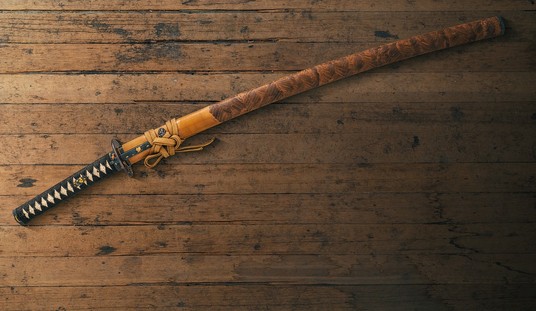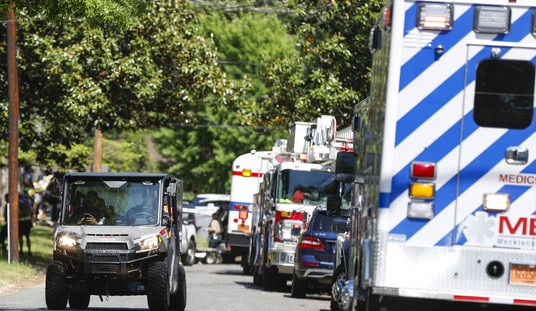One of the many challenges to bans on “assault weapons” percolating in the federal courts is a Ninth Circuit case known as Miller v. Bonta, which challenges California’s ban on so-called assault weapons on Second Amendment grounds. After the Bruen decision, the Ninth Circuit (which had not yet issued its own ruling) punted Miller back down to trial court and the judge who originally heard arguments; U.S. District Judge Roger “Saint” Benitez, even though he’d ruled once already that the law violates the rights of California residents and has no reason to reverse his decision based on anything the Supreme Court said.
It’s a needless waste of time, energy, and financial resources (for the plaintiffs, anyway), which I suspect is the point of the Ninth Circuit’s decision given the court’s historical hostility towards the Second Amendment. Since the Heller decision in 2008, the Ninth Circuit has upheld more than 50 gun control laws as constitutional, while finding zero gun laws in California, Hawaii, and other anti-gun states a violation of the Second Amendment.
Given the “evidence” that AG Rob Bonta recently provided to Judge Benitez to show that the state’s ban fits within the text, history, and tradition of the right to keep and bear arms, however, that streak may be coming to an end. In all of Bonta’s citations dating back to the 1300s, there’s simply nothing close to California’s gun ban on the books, particularly at the time of the Founding or the ratification of the Fourteenth Amendment; the two most important time periods when determining the history and tradition of the right according to SCOTUS.
Bonta actually provided the court with two documents; one a list of supposedly relevant statutes pre-Founding to 1888, and the other covering the years 1889 to the 1930s. The second document is almost superfluous given the Court’s guidelines, so I’m not going to discuss it here. Instead, we’ll be talking about the more relevant time periods surrounding the Second and Fourteenth amendments’ ratifications in 1791 and 1868, respectively.
The California AG was able to find a 1771 law in New Jersey that “prohibited the setting of any trap gun” that discharged by “string, rope, or other contrivance,” which doesn’t seem anywhere close to banning the sale and possession of the vast majority of semi-automatic rifles, along with many shotguns and pistols. He discovered a Boston ordinance dating to 1783 that forbade having firearms loaded with powder, but nothing that banned firearms themselves.
Another discovery by Bonta? A lot of gun control laws that disqualified individuals because of their race.
16 1797 Delaware Del. Laws 104, An Act for the Trial of Negroes, ch. 43, § 6 Prohibited “any Negro or Mulatto slave” from carrying guns, swords, pistols, fowling pieces, clubs, or other arms and weapons without the master’s special license. Unconstitutional under the Thirteenth and/or Fourteenth Amendments to the U.S. Constitution
17 1798 Kentucky 1798 Ky. Acts 106 Prohibited “negro, mulatto, or Indian” from possessing or carrying a gun, powder, shot, club, or other weapon or ammunition. Unconstitutional under the Thirteenth and/or Fourteenth Amendments to the U.S. Constitution
18 1799 Mississippi [Territory] 1799 Miss. Laws 113, A Law for The Regulation of Slaves Prohibited any “Negro or mulatto” from carrying gun, powder, shot, club, or other weapon. Also prohibits a “negro or mulatto” from possessing a gun, weapon, or ammunition. Unconstitutional under the Thirteenth and/or Fourteenth Amendments to the U.S. Constitution
Remember, these are the laws that Bonta is citing in support of California’s latest ban. Not only are they racist in their intent, they also don’t ban a particular firearm. Instead, they unconstitutionally banned a class of people from exercising their Second Amendment rights. If these laws are historic analogues to California’s “assault weapons” ban, then Bonta is actually helping make the case against the law’s constitutionality.
About the closest I could find to a true analogue in Bonta’s 191(!) cited laws and ordinances is an 1866 New York statute that “prohibited using, attempting to use, concealing, or possessing a slungshot, billy, sandclub or metal knuckles, and any dirk or dagger, or sword cane or air-gun.” The vast majority of the statutes cited by Bonta, particularly in the 19th century deal with regulating or prohibiting the carrying of concealed weapons, including dirks, daggers, and Bowie knives, but they don’t prohibit possession or manufacture of those items.
As such, the New York statute is an outlier, and doesn’t offer any evidence that a ban on commonly-owned firearms was an acceptable practice or seen as constitutionally sound during the time period in question. Bonta also offers up a few short-lived territorial statutes from New Mexico and Montana that barred the carrying of all concealed firearms, but those laws didn’t remain on the books long enough to be of any value to Judge Benitez nor would they be constitutional under Supreme Court precedent established in Heller, McDonald, and Bruen.
Most importantly, Bonta found no statutes that barred the sale, manufacture, or possession of all revolvers or repeating rifles; two major developments in firearms technology in the 19th century that led to commonly-owned firearms with far more capacity, accuracy, rate of fire, and ease of use than single-shot pistols and muzzle-loading rifles. If you’re looking for an analogue to modern-day gun bans, you simply can’t find them anywhere close to the time period the Court says is of utmost importance when considering the constitutionality of any gun control law because they don’t exist.
Bonta’s exhausting and exasperating list of supposed analogues in history is an exercise in quantity over quality, and one that Judge Benitez is likely to find underwhelming. If this is the state’s best evidence for upholding California’s “assault weapons” ban under the Bruen test, then it really doesn’t have a case at all.








